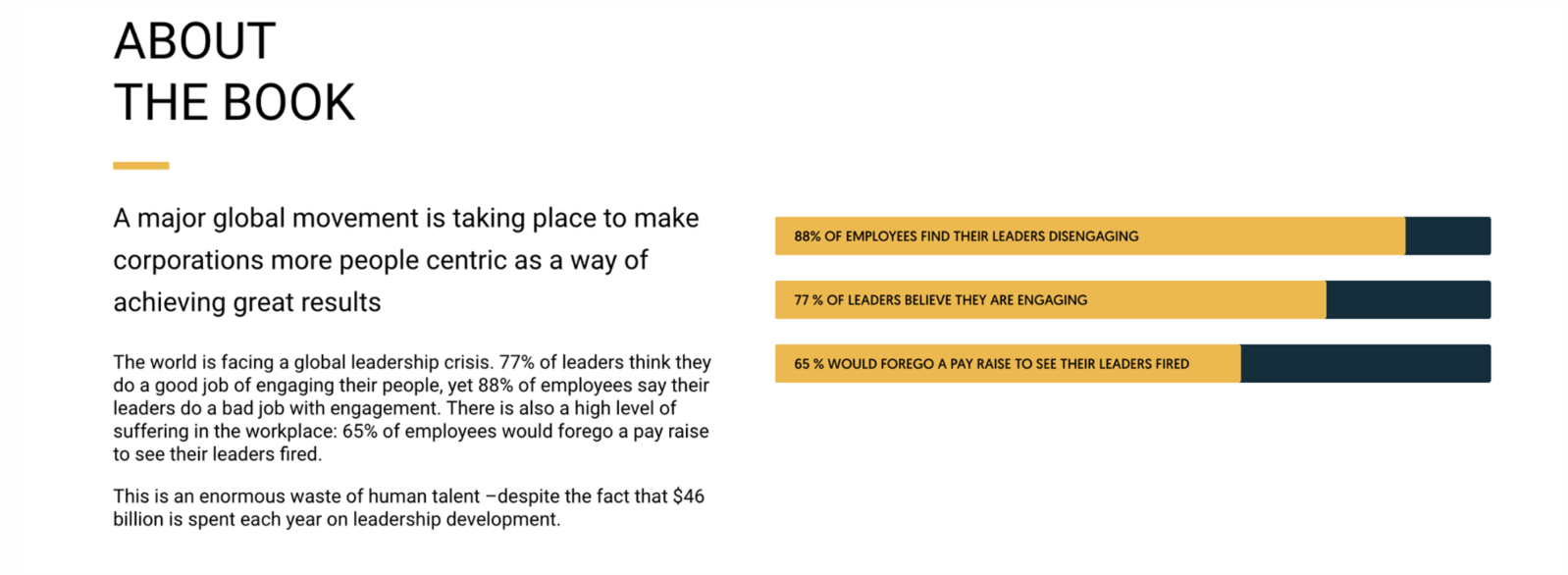If your actions inspire others to dream more, learn more, do more and become more, you are a leader — John Quincy Adams As I reflect on my own professional learning over the past year, I'm drawn back to what it means to lead in a way that inspires and influences positive change not only directly related to teacher practice but also influencing positive change in the organization that I work. My professional role has me working with teachers, on a daily basis, to help support them to be the best that they can be in their own role working with children. I genuinely love my job. It is so rewarding to work with teachers on a regular basis, but it can also be a difficult job as every teacher has their own entry points to professional learning and growth. Navigating these waters can be an extremely complex process at times. It requires a very delicate balance between coaching teachers in a way that hopefully creates self-authoring journeys of professional learning, but I also need to know when to step in to provide the critical feedback needed to draw awareness to the areas of their teaching practice that might need improving. The purpose of this blog post is to look at leadership in general. Being inspired to lead but also inspiring those who we lead to know and understand the difference that they can make in our profession. Every leader brings with them their own baggage, their own struggles, their own hopes and vision, and their own shortcomings. So, when I look at my role and what it is I hope to accomplish, I must critically reflect on what it means to be a leader. I need to sincerely look at the framework that I operate from in order to have the impact that I desire on the teachers that I am honored to work with on a daily basis. Redefining what I do and how I go about my work is more important than ever if I am to truly influence and inspire change for the better. My professional inquiry this year was about 'situational leadership' and the need to be flexible and agile within my role in order to meet the unique needs of each individual person that I am responsible for working with. This requires me to look at my own role through a very different lens and to not dismiss any need that a teacher has as 'that is not within my role or that's not what I'm here for'. My thinking has been greatly provoked by a book that my wife (Neila Steele) and I read a few months back. Before we read the book, we came across a book review and in this review were several research-based statistics about leadership. The stats were shocking and immediately provoked our thinking. We both knew that we needed to get our hands on a copy of the book. The statistics are scary and very easy to dismiss as not being applicable to the work that I do within my role as a Pedagogical Coordinator. When leaders see statistics such as this, they can easily say, "There is no way that this an accurate reflection of the way that the people that I lead feel about me". However, in facing these uncomfortable stats, I must look at my own role and to genuinely assess the impact that I am having.
If my job is based on producing results, where might I be falling short? Do I genuinely honor what each of my individual teacher's unique needs are? Is sticking to a black or white definition of what the role of pedagogical coordinator is helping or hurting my cause? What do I need to do more of to ensure that every single teacher I am responsible for working with feels supported on a day-to-day basis? Am I taking enough time to actually sit with each teacher and listen to their struggles and to not dismiss these struggles as being overly emotional sentiments about everything that is loaded up on their plates? These are questions that I need to explore further as I move forward with my own role and to ensure that I put pressure on myself to constantly redefine what the role of my leadership is to honor the teachers that I work with. The book The Mind of a Leader provided me with more insight to be able to make informed decisions about next steps in my professional inquiry in order to be the best leader that I can be. I strive to not only be inspired to lead but to also inspire those who I work with to find their best games. If I can do this, I know I am headed in the right direction. Thanks for reading.
1 Comment
|
- Welcome
- All Things Teaching and Learning
- The Aligned Leader Blog
- Consulting and Coaching Opportunities
- My TED X Talk
- My Leadership Blog
- Run Your Life Podcast Series
- How PYP PE with Andy Has Helped Others
- Good Teaching is L.I.F.E
- The Sportfolio
- Example Assessment Tasks
- PYP Attitude Posters (printable)
- Publications


 RSS Feed
RSS Feed
